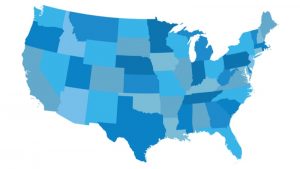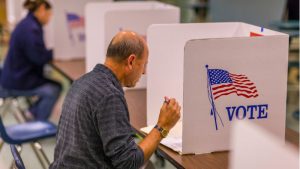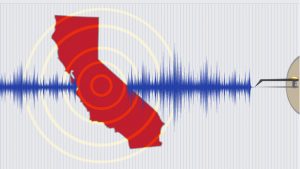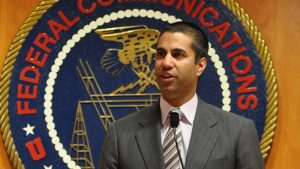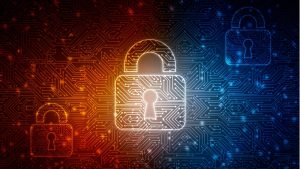In a report released today, Deloitte researchers posit that artificial intelligence (AI) is the key to “unleashing the power of unstructured government data.”
Apple CEO Tim Cook yesterday called for the Federal Trade Commission to take a larger role in protecting online consumer data by creating and overseeing a data-broker clearinghouse under which all brokers would have to register so that consumers could track how their data has been sold or deleted.
With new governors taking office across the country after the 2018 midterm elections, state IT departments are seeing new and familiar faces take the helm.
Joshua Spence, West Virginia’s chief technology officer, is pushing for an additional $4.5 million in funding to launch a program that would allow his office to compare and analyze the cybersecurity risks currently facing state agencies. The bill Spence is lobbying for, called the Secure WV Act, would enable legislators to get a more in-depth understanding of the state’s current risks and how best to mitigate them in the future.
A Georgia state election commission voted on Thursday to replace the state’s current electronic voting systems with a computerized system that prints paper ballot receipts.
On their second day in charge of the House, Democrats debuted H.R. 1, the For The People Act, which features a wide range of election security and modernization measures, including cybersecurity standards for voting machines, an election security bug bounty program, and a requirement for online voter registration.
Los Angeles City Attorney Mike Feuer announced Friday that his office was suing TWC Product and Technology, the company which operates the Weather Channel’s smartphone app, which provides users with real-time weather information and forecasts. The City Attorney’s office alleged that TWC Product and Technology has been “covertly mining the private data of users and selling the information to third parties, including advertisers.”
Los Angeles Mayor Eric Garcetti today announced the launch of ShakeAlertLA, a free app that provides early warnings about earthquakes.
Federal Communications Commission (FCC) Chairman Ajit Pai announced Friday that FCC will investigate last week’s nationwide CenturyLink outage, which impacted 911 service across the country. The outage, which primarily impacted Western states, began shortly after 8 a.m. ET on Dec. 27 and was resolved by 9 p.m. ET on Dec. 28.
The New York Attorney General’s (AG) office has reached a settlement with five companies–Equifax, Western Union, Priceline, Spark Networks, and Credit Sesame–that it said weren’t doing enough to facilitate security of their customers’ data.


